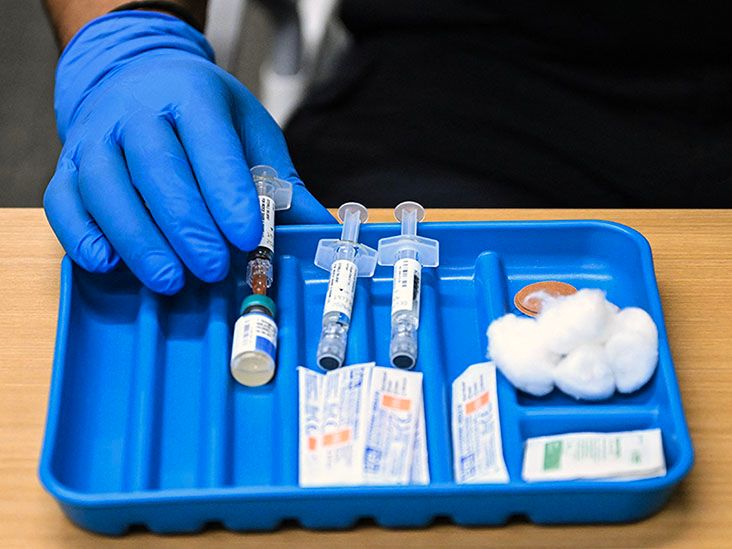Narcissistic abuse is a form of abuse stemming from narcissistic behaviors. It can be emotional, psychological, or physical.
Narcissistic characteristics can include volatile behavior, lack of empathy, and aggression. Narcissistic abuse may include gaslighting, constant criticism, humiliation, and coercion.
This article outlines signs to look out for, the consequences of narcissistic abuse, and how to seek help.

People with narcissistic personality disorder (NPD) display a pattern of behavior that
Having NPD does not mean a person will be abusive, but people who are abusive might demonstrate narcissistic characteristics.
According to a
Narcissistic abuse can cause significant harm and can lead to long-term emotional and psychological damage.
- aggression
- reduced tolerance to distress
- dysfunctional affect regulation, which means an inability to regulate emotional responses
Childhood experiences may also contribute to the development of NPD. These include fragile ego or rejection. Additionally, excessive praise and the belief that a child has extraordinary talents may also be risk factors for narcissism.
A
- entitlement, which may include controlling a person’s money
- jealousy or envy
- attention seeking or requiring admiration
- arrogance
- grandiosity
- believing they are superior or special
- charisma
Signs of narcissistic abuse may include the following:
- Gaslighting: An abuser may deny an event happened, question the other person’s memory, or trivialize how the other person feels.
- Dishonesty: An abuser may lie to cover up feelings of insecurity or shame, or they may fabricate a story to make themselves the hero or the victim.
- Controlling: An abuser may be insecure, jealous, or suspicious, which may lead them to control another person’s actions, finances, or interactions.
- Exploitation: An abuser may take advantage of others for their own gain.
- Lack of empathy: A person may be unable to empathize with another person’s feelings or see their perspective, which may result in harmful behavior or neglect. They may be emotionally cold or distant.
- Belittling or devaluing: A person may dismiss the other person’s achievements or worth and may insult, humiliate, degrade, or belittle them.
- Intimidation: Narcissistic abuse may involve aggressive, intimidating behavior, bullying, or manipulation.
- Volatile behavior: People may feel as though they are “walking on eggshells” around someone with narcissism, and an abuser may have irrational and unpredictable responses that may be aggressive or abusive.
- Rage: An abuser may have sudden attacks of uncontrolled rage that cause distress or physical harm to the other person.
- Emotional blackmail: An abuser may threaten to harm themselves or take drastic actions if the other person does not behave how they want or considers leaving them.
- Punishing: An abuser may be vindictive and seek revenge or punishment on anyone who does not agree with them or do as they want.
How does narcissism affect a person’s children?
According to a
Children may mimic the narcissistic behavior of a parent, such as self-inflated views or grandiosity. This may lead to the development of narcissism in the child.
Children of parents with narcissism may also face abandonment, aggression, or abuse.
Narcissistic abuse can affect people in the following ways:
Low self-worth and self-esteem
Narcissistic abuse
Post-traumatic stress disorder (PTSD)
Narcissistic abuse may cause PTSD. PTSD is a psychiatric condition that can occur from ongoing trauma or a traumatic event.
Self-doubt
Narcissistic abuse such as gaslighting may make a person doubt themselves, feel confused and anxious, and question their reality.
Isolation
People may isolate themselves due to the trauma, fear, or anxiety resulting from narcissistic abuse. Narcissistic abuse may make people lose their independence, and an abuser may isolate people from their friends and family.
Depression or suicidal thoughts
Narcissistic abuse
Developmental issues
In children, narcissistic abuse may stunt normal growth and development. Narcissistic abuse can cause long-term emotional and psychological damage.
Physical symptoms
People may experience physical symptoms such as body aches, headache, or stomach ache. In some cases, narcissistic abuse may be physical and result in injuries.
Intimate partner violence (IPV) includes physical, emotional, and psychological abuse. Females who experience IPV are twice as likely to have chronic illness or pain.
To recover from narcissistic abuse, a person may try:
- learning about narcissistic behavior, becoming aware of the signs of narcissistic abuse, and labeling it for what it is
- finding a support group or network for support and connection with others who have gone through similar experiences
- talking with a healthcare professional, counselor, or therapist who can help people through a recovery program
- practicing self-care, including quality sleep, good nutrition, exercise, and rest
People can call the National Domestic Violence Hotline at 800-799-SAFE (7233) or text “START” to 88788.
They can also search for local resources to find help and support in their area.
People can talk with a healthcare professional about counseling services or therapy, or use a search tool to find an online or in-person therapist. People may also find that a support group can help them feel less alone in their experience.
If a person is in immediate danger, they should call 911.
Narcissistic abuse can be debilitating to the people who experience it. The effects can be long lasting and negatively affect mental, emotional, and physical health.
Recovery may take time, but therapy can help people to recover, regain their sense of self, and rebuild their lives.
Narcissistic abuse is a form of abuse that can stem from narcissistic behaviors, such as aggression, lack of empathy, and a need for admiration.
People facing narcissistic abuse may experience intimidation, coercion, gaslighting, or emotional blackmail.
Narcissistic abuse can cause long-term negative effects, but recovery is possible.
People can seek assistance from a mental health professional to help them recover from narcissistic abuse. People may also find that support groups and networks can help aid their recovery.


